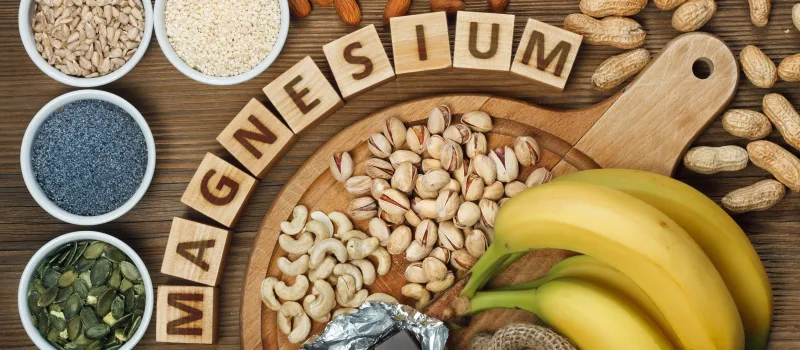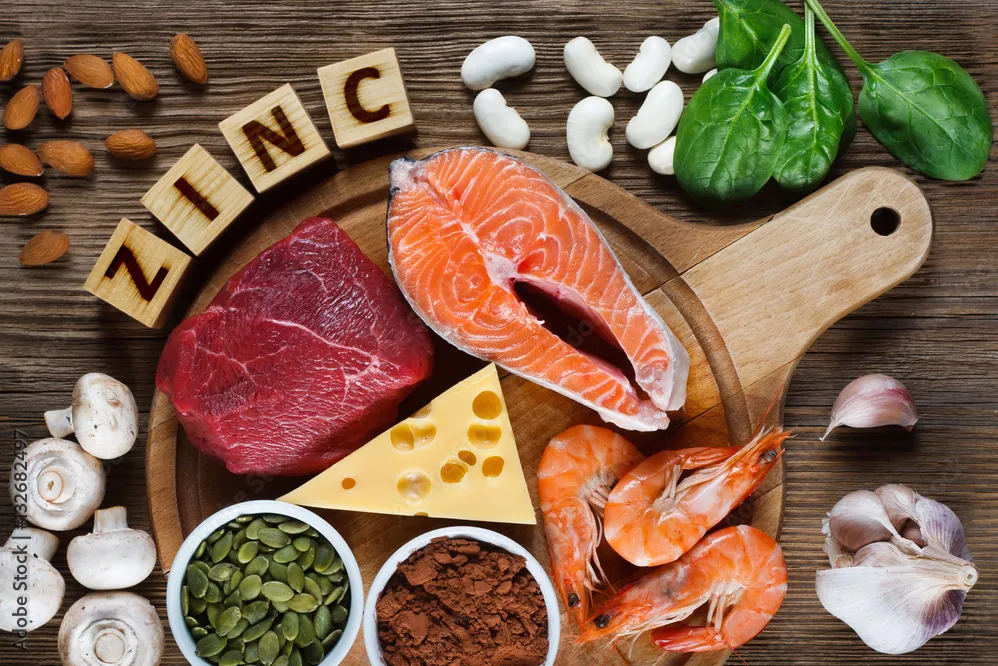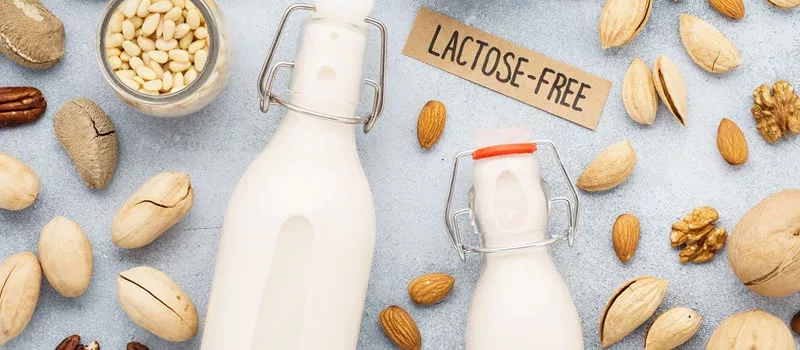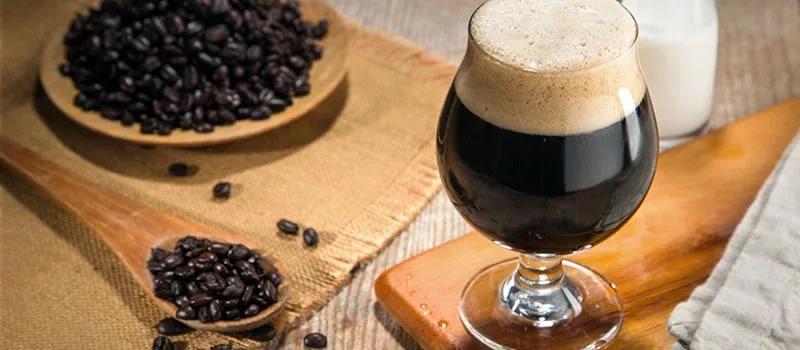
I’d like to read about

Magnesium Glycinate Benefits
Magnesium glycinate is a highly bioavailable form of magnesium that combines magnesium with the amino acid glycine. This particular form has gained popularity due to its good bioavailability and that it is well tolerated, compared to other magnesium supplements. Magnesium improves sleep quality1 and

What are the benefits of Vitamin K2?
Vitamin K2 (also known as menaquinone) is a lesser-known but essential nutrient that plays a key role in supporting bone and possibly heart health. In this article, we’ll explore what vitamin K2 is, how it differs from other forms of vitamin K, its benefits and the best dietary sources.

How to improve focus and performance
Productivity doesn’t happen by accident. Accomplishing all the things you need and want to do during your day requires planning, along with a continuous supply of motivation and focus.

How to improve your memory and keep your brain sharp

What is Calcium?
Calcium is one of the most abundant minerals in the human body, making up approximately 1-2% of an adult's body weight.

What are multivitamins
Multivitamins are a combination of the key nutrients your body needs, in the form of a single dose supplement.

How To Deal With Burnout

Magnesium: The mineral that wants you to succeed
Magnesium is an essential mineral and is needed in over 300 enzymatic reactions in the body. It’s known as a ‘helper’ mineral because of how hard it works.

Beat Muscle Cramps: Understanding Causes, Actions to take, and the Potential of Magnesium
Anyone who has been jolted awake by a cramping calf muscle cramping, knows that muscle cramps can be irritating, painful and if frequent, disruptive.

Benefits of omega-3 fatty acids
Omega-3 fatty acids are a type of fatty acid essential to your overall health and wellbeing. Find out the benefits of Omega-3 fatty acids now.

How to maintain joint mobility with glucosamine
Do you often wake up with an aching back, stiff shoulder or sore knees? Do you struggle more with everyday tasks like hanging clothes on the line, opening jars or simply getting out of the car? Well, you are not alone. Joint pain often develops between the ages of 30 and 50 and is increasingly commo

Benefits of Hops
Nearly all of us have spent a night wide awake and willing for sleep to come. Hops has traditionally been used in Western herbal medicine to relieve sleeplesness and assist in a good night’s sleep.

What is indigestion?
Indigestion — also known as dyspepsia — is mild discomfort felt in the upper belly or abdomen. It often occurs during or right after eating.

Vegetarian diets: Getting all the nutrients you need.

When to take fish oil?

Inflammation

Everyday superfoods for whole-body wellness

Health benefits of horseradish

Tips to Support Healthy Eye Function

How to overcome a lack of motivation to exercise

Eye Health & Screen Time

Benefits of Fenugreek
Fenugreek (Trigonella foenum-graecum), is a short-living annual medicinal plant belonging to the Fabaceae family (pea family) and is used extensively in various parts of the world as a herb, food, spice, and traditional medicine.

Common breastfeeding problems and how to solve them
Breastfeeding has many benefits for both mother and baby, but it can also be a challenge — especially for new mums. While breastfeeding is natural, it is still a learned skill and many mums will need time and practice to get it right. For a baby to successfully breastfeed they need to be positioned

Detoxing: How to avoid toxin exposure and support detoxification
Detoxification is a vital cellular task. The process of detoxification involves the mobilisation, biotransformation, and elimination of potentially harmful toxins.

Zinc: What Is It And Why You Need It
Zinc is an important trace element that comes from our diet. Daily zinc intake is needed because the body does not have a dedicated way to store it nor can we make zinc so we need to obtain it from zinc sources.

What is chromium and how can it help?
Chromium is an essential mineral that the body needs in trace amounts. Chromium helps glucose metabolism and supports general health and well-being.

What can I eat on a lactose-free diet?
Do you need to go on a lactose-free diet? Learn what foods to avoid and what foods work best when going lactose-free, without feeling like you’re missing out. There’s a wide variety of food available in supermarkets and health foods stores to support people with lactose intolerance.

Quick ways to support immunity
Your immune system is ready and waiting to defend and protect you from pathogens and illness.

Liver Health
Your liver is one of the most valuable organs in the human body, performing hundreds of vital tasks to help your body run smoothly

How to manage cold & flu symptoms
No matter how healthy you are, it’s likely you will get a cold or flu at some point. Colds are prevalent, with children getting between five and ten colds a year and adults getting two to four colds each year. Cold symptoms are usually mild and self-limiting.

How to improve liver function
Your liver is one of the hardest working organs in your body, performing hundreds of vital tasks to help your body run smoothly.

How alcohol and caffeine can affect the digestive system
If you’re like most adults, caffeine is a part of your daily routine and helps wake you up and conquer your day. But while there are benefits of coffee it may pose problems for your digestion. Excessive caffeine can have a negative impact on gut health and cause bowel problems. Likewise, there can b

Healthy Cholesterol Levels in Australia
Cholesterol is a waxy substance, a bit like fat, that’s carried through your bloodstream in packages called lipoproteins. These packages are made of fat on the outside (where the ‘lipo’ part of the name comes from) and protein on the inside (which accounts for the ‘protein’).

Health benefits of garlic
Garlic (Allium sativum L.) is a bulbous plant with a pungent aroma growing to 1.2 metres tall. Garlic is originally from Asia, but it is also cultivated in China, North Africa (Egypt), Europe and Mexico. One of the most widely consumed herbs throughout the world, garlic is easy to grow and has been

Detoxing: How to support your body’s detox process
Detoxification is a vital cellular task. The process of detoxification involves the mobilisation, biotransformation, and elimination of potentially harmful toxins.

Cystitis causes and treatments
Cystitis is the medical term for inflammation of the bladder. Most of the times it is caused by an abnormal growth of bacteria inside the bladder. Bladder infections are one of the most common bacterial infections to affect people, with up to one-third of all women having at least one infection at s

Crush your cravings and defeat overeating
Do you get cravings for chocolate, an intense desire for salty potato chips or an overwhelming yearning for a cheese‐laden pizza?

Breastfeeding Diet: Best Foods & Vitamins for Breastfeeding
Eating a balanced diet is important while you’re breastfeeding. Not only for your baby’s healthy growth and development but also important for you, to help prevent nutritional deficiencies. Nutritional requirements are higher in breastfeeding women. Breastfeeding women require an additional 300 calo

Bloating: Causes, Relief & Foods to Avoid
Are there moments when you have to undo the top button of your jeans after a meal and you feel uncomfortable like there is an inflated balloon in your stomach?

Benefits of Kelp
Kelp (Fucus vesiculosis), also commonly referred to as bladderwrack, is a type of brown seaweed that grows on the northern coasts of the Atlantic and Pacific oceans, and the North and Baltic seas. It’s a natural source of various minerals and plant nutrients, especially iodine.

Benefits of Grapeseed
Grape seed extract (Vitis vinifera) is derived from the seed of wine grapes and has been highly regarded for its medicinal benefits since ancient times, with grape seed application traced back to Ancient Greece.

Is working out good for your bones?
Questioning going to the gym today? Or not sure if you’ll find time for a run? If you need a bit of extra motivation, think of your bone health. Exercise is a great way to boost bone strength and prevent bone mass loss as you age.

How to Support Your Joints and Relieve Joint Pain
Joint pain will affect most people at some point in their life. Some may experience pain around the joint — like bursitis or tendonitis — from a sprain or strain associated with sport or exercise; others may experience pain and inflammation in the joint itself.

How to support bone health at any age
Your bones support your every move, protect your vital organs and act as a storehouse for important minerals. Keeping your bones strong, helps keep you strong and healthy as you age.

How to manage muscle cramps
Muscle cramps are a continuous, involuntary, painful contraction of a muscle group, single muscle or select muscle fibres. Muscle cramps can last from minutes to a few seconds. If you touch the muscle, you will find a knot. Muscle cramps are common in young people during vigorous exercise and in old

Benefits of Stretching
Stretching used to be seen as something you did as part of your exercise warm-up and cool down. Now, physical therapists recommend stretching as part of your exercise routine to help promote muscle flexibility and joint health and help combat the effects of a sedentary lifestyle.

Benefits of Exercise: How does exercise impact your body?
Exercise impacts every system in the body and can improve how you feel, look and perform during the day. But what changes does exercise make to your body? What are the benefits?

Benefits of Curcumin
Curcumin is the main active ingredient in turmeric root. Turmeric root is a member of the ginger family and is commonly used to flavour curries. Curcumin has powerful antioxidant and anti-inflammatory properties and has been used for centuries by Indian Ayurvedic medicine practitioners.

A guide to cycling
Cycling has benefits, not only to your physical and mental health but also for the community and environment.

Ziziphus and Sleep
Ziziphus (Ziziphus spinosa) plant originates from China with a history of over 4000 years. The seed has been used medicinally for more than 1700 years.

What is the Difference Between Stress and Mild Anxiety?
All of us have to deal with stress. It occurs when we are faced with adverse or demanding circumstances and is a natural response to anything that disrupts our life and regular routine.

What is St John’s Wort?
St John’s Wort (Hypericum perforatum) is a herb that has been used for centuries in Europe to treat a wide range of conditions. It has been referenced by the Dioscorides, the Greek of the 1st century AD and the Greek doctor of the 5th century Hippocrates, where it was known by its Greek name ‘Yperic

How to manage mild anxiety
Mild anxiety is characterised by feelings of fear and worry, but it’s much more than that. While feeling stressed is a common response to situations of heightened pressure or expectation, anxious feelings don’t necessarily go away once the situation is resolved. Anxiety is very common, with data ind

How much sleep do we really need?
We all know the magical, restorative power of a good night’s sleep. Waking up feeling refreshed and ready to conquer the day is a sure sign that you have had some quality ‘zzz’ during the night. If you’ve missed out on getting enough sleep, it’s getting through the day is undeniably much harder: you

How Much Sleep Do Children Need?
Children have much greater sleep needs than adults as sleep directly impacts on their physical and mental development. In fact, sleep is so important that by age two, most toddlers will have spent more time asleep than awake and children will have spent about 40% of their total childhood sleeping.

Are you getting enough sleep?
Tired. Grumpy. Irritable. Unable to concentrate. We all know those feelings and they usually appear when we’re sleep deprived. We’ll also probably have dark circles under our eyes and want to throttle the next person who says “you look tired”.

Effervescent Benefits
Effervescent supplements are packed with goodness, readily available to the body, and delicious. By dissolving quickly in water, effervescent tablets are easy to use and the bubbly mix means they’re more enjoyable to take. Read on for more information about all the ways that adding effervescence vit

Vegetarian diets: Getting all the nutrients you need
A healthy, well-planned vegetarian diet can provide all the nutrients for a healthy body. Still, since plant‐based foods have smaller amounts of specific vitamins and minerals compared to animal products, or they aren’t absorbed as efficiently, you could be missing out on critical nutrients if you d

Magnesium: What is it good for?
Magnesium is vital for more than 300 of your body’s metabolic reactions including synthesizing proteins, the function of muscles, nerve conduction and supporting healthy blood glucose.
